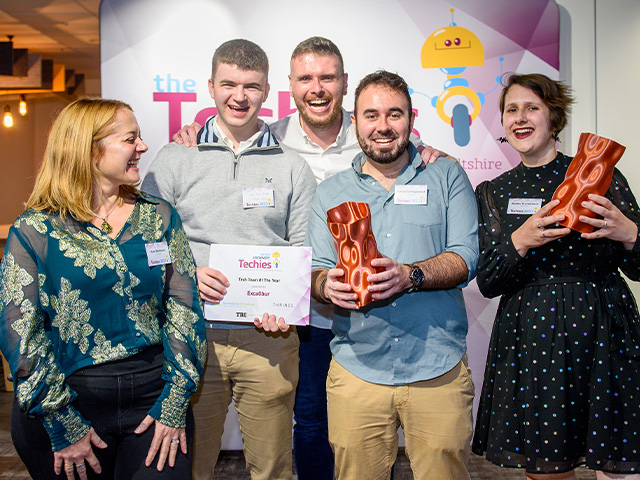Oxford University scientists may have the answer to the smartphone conundrum, that of ever-shrinking battery life. They have invented a new screen technology that uses next to no power. Potentially, we could be charging our phones once a week instead of once a day.
We all love our smartphones and it seems the more they can do for us, the more we like them. The one thing nobody likes very much is the fact that battery life reduces as phones capability increases. Battery technology is still lagging way behind and shows no signs of improving anytime soon. Considering how advanced the rest of the phone is, the humble battery may as well be in the Stone Age.
We are all too familiar with that juggling act where we use our phone during the day and then have to do everything we can to eke out that precious remaining battery life until we get home. Or of watching that video on the train while making sure we have enough power to make a call when we arrive.
Don’t even get us started on smartwatches. Poor battery life is being blamed as one of the most significant barriers to the uptake of wearables. Anything that can be done to alleviate that could see the sector take off.
Dr Peiman Hosseini, founder of Bodle Technologies, with the backing of Oxford Sciences Innovation (OSI) fund has invented a new material that acts like an LCD screen but uses a tiny fraction of the power. It is said to offer the same clarity and responsiveness but only use 10% of the power a traditional screen requires.
Side benefits of this new screen is that is can be seen clearly even in direct sunlight which will also benefit all sorts of devices. It can also produce holograms that cannot be copied which will be useful for anti-counterfeiting measures.
This new screen apparently works using DVDRW technology. It uses tiny electrical pulses to light the smart material that makes up the screen. Power draw is a fraction of what IPS or other LCD screens use and could revolutionise phones, smartwatches, POS devices, tablets and commercial screens.
While we don’t usually get excited about a university experiment, this one is tangible. Dr Hosseini said his techniques use already proven technologies and he has the equipment and the funding in place to begin producing prototypes as early as next year. This could be a real game changer!





